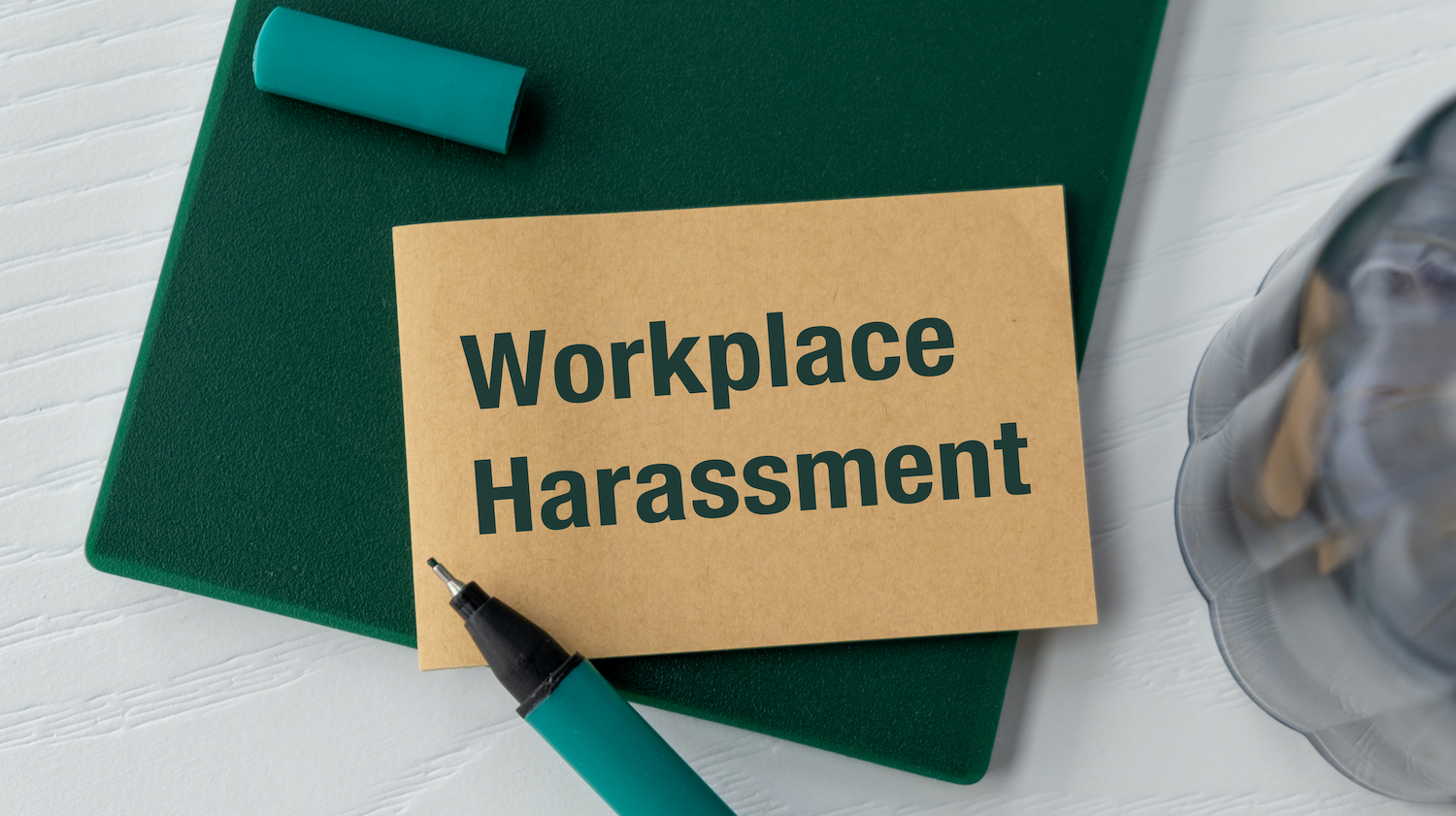
Protecting philosophical beliefs in the workplace
Managing employees’ philosophical and, at times, conflicting beliefs can be a complex challenge that requires business leaders to have a robust understanding of the legal framework
World Vegan Day (1 November) provides an opportunity to consider the legal status of a philosophical belief.
The Equality Act 2010 (EqA) provides that individuals are protected from discrimination on the grounds of their religious or philosophical beliefs.
For a belief to qualify for protection it has to fulfil the five criteria set out in Grainger plc and others v Nicholson. As such, it has to:
- Be genuinely held
- Be a belief and not an opinion or viewpoint
- Be a belief as to a weighty and substantial aspect of human life and behaviour
- Attain a certain level of cogency, seriousness, cohesion and importance
- Be worthy of respect in a democratic society, not be incompatible with human dignity and not conflict with the fundamental rights of others
Are vegans automatically considered to have protected philosophical beliefs? The answer is: not necessarily.
Cases in focus
In Casamitjana v The League Against Cruel Sports, ethical veganism was held to be a philosophical belief that qualified as a protected belief within the meaning of the EqA.
However, Casamitjana was a particularly committed vegan. His belief dictated his choices from the products and services that he consumed; he would not wear any clothes, shoes or accessories that contained animal products.
In addition, if his destination was within an hour’s walking distance, he would normally walk to avoid accidental crashes with insects or birds when taking a bus or public transport.
In short, he set a high bar for those wishing to claim that their veganism amounts to a philosophical belief.
In Owen v Willow Tower Opco 1 Ltd, a care home worker who refused to have a Covid-19 vaccination was not found to have a genuinely held belief in ethnical veganism.
The tribunal accepted that the claimant followed a vegan diet, but she failed to explain when she started having a belief in ethical veganism and how she had modified her life to follow her belief.
Her main criticisms of the vaccine appeared to be that it was experimental and may contravene health and safety legislation and not because of her veganism.
Meanwhile, in Free Miles v The Royal Veterinary College, a tribunal held that a belief in ethical veganism encompassing a positive obligation to break the law to expose and reduce animal suffering did not amount to a protected philosophical belief.
The claimant was a veterinary nurse who was arrested by the police in connection with alleged burglaries by the Animal Liberation Front.
It will always be necessary to ask: is the objective the employer is seeking to achieve sufficiently important to justify the limitation of the right in question, and is the limitation rationally connected to that objective?
Following her arrest, she was summarily dismissed by the college on the basis that she had participated in activities including trespass and theft.
She argued that her belief in ethical veganism included a moral obligation to take positive action to reduce animal suffering, including trespass on property and removal of animals.
The tribunal held that a belief that comprised taking actions that are unlawful and interfere with the property rights of others could not be worthy of respect in a democratic society.
When is a belief worthy of respect?
Following the Employment Appeal Tribunal‘s (EAT’s) decision in Forstater v CGD Europe and others, it seems that a belief only needs to satisfy a very modest threshold to be protected.
Here the claimant’s gender-critical belief was found to be a philosophical belief that qualified for protection under the EqA.
Freedom of thought, conscience and belief is protected under Article 9 of the European convention on Human Rights (ECHR), and only the "gravest forms of hate speech" that incite violence or hatred aimed at destroying ECHR rights and freedoms of others will fall foul of this.
The EAT held that beliefs such as pursuing totalitarianism, advocating Nazism or espousing violence and hatred, would fail to satisfy the Grainger criteria and so be found not to be worthy of respect in a democratic society.
It concluded that beliefs that are offensive, shocking or even disturbing to others can still be protected and Forstater’s gender-critical beliefs, which were widely shared in society and did not seek to destroy the rights of trans persons, did not fall into the category of excluded beliefs.
Expression of protected beliefs
Recently in Higgs v Farmor’s School, the EAT found that the school’s decision to discipline and dismiss Higgs was not due to her beliefs, but because of the school’s concern that she would be perceived as holding homophobic and transphobic views.
Higgs was dismissed for posts she made on Facebook criticising the nature of sex education in schools and, in particular, the teaching of "gender fluidity".
The EAT stressed that a proportionality assessment needed to be carried out to assess whether the school’s actions in dismissing Higgs were proscribed by law and were necessary for the protection of the rights and freedoms of others.
This issue has been remitted to the tribunal but, in the meantime, the EAT has set out some basic principles to consider when tackling decision-making concerning the expression of protected beliefs.
It stated that, although the freedom to manifest a belief and to express views relating to that belief are essential rights in any democracy (even if such expression may offend), this right is qualified.
It will be protected, but not where the law permits the limitation or restriction of such manifestation or expression to protect the rights and freedoms of others. Whether a limitation or restriction is objectively justified will always be context-specific.
It will always be necessary to ask: is the objective the employer is seeking to achieve sufficiently important to justify the limitation of the right in question, and is the limitation rationally connected to that objective?
Can a less intrusive limitation be imposed without undermining the objective, and, when balancing the severity of the limitation on the rights of the worker concerned against the importance of the objective, does the former outweigh the latter?
When answering these questions, various considerations will be relevant. These include the content and extent of the manifestation and the tone used, the extent and nature of the intrusion on the rights of others, whether the worker has made it clear that the views expressed are personal or whether they may be seen as representing the views of the employer and whether the limitation imposed is the least intrusive measure open to the employer.
The decision in Higgs shows that while it may be that an employer is objectively justified in disciplining or dismissing an employee for manifesting their beliefs, this will be a finely judged balancing act based on the facts of each case.
Managing conflicting beliefs
Genuinely held philosophical beliefs will often be protected under the EqA. However, things can get challenging when it comes to managing conflicting beliefs.
Here are a few useful tips:
- Put in place a policy prohibiting any behaviours that could amount to unlawful discrimination. This could be built into a Dignity at Work or bullying and harassment policy.
- Have robust social media policies in place for online posts and activity outside of the workplace.
- Although people are entitled to hold their own views, this does not give them licence to manifest them inappropriately or with impunity, in a way that negatively impacts on relations in the workplace. Encourage employees to think ahead about how the manifestation of their beliefs might impact on others holding different views and tell employees that they need to be aware that their views may not be shared by everyone.
- Ensure that you take prompt and consistent action if an employee’s manifestation of their belief strays into bullying and/or harassment.
- Regularly review and update policies and procedures to ensure that they don’t disadvantage those with particular beliefs.
- Invest in staff equality training which is routinely refreshed and ensure that managers are not only equipped with specific awareness of the issues that can arise where employees’ different beliefs are concerned, but are also given support to manage them and embed an employer’s key policies.
Laura Welchew is a partner and Vikki Cunliffe is senior associate at Trowers & Hamlins.







